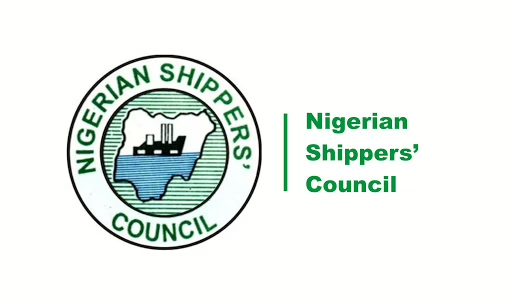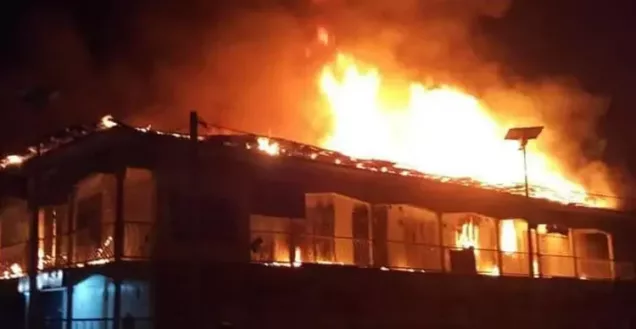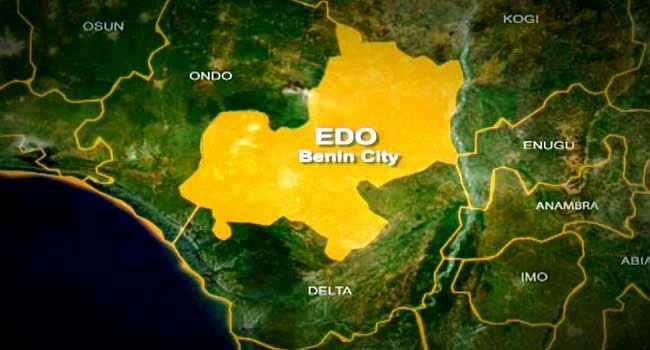From Charity Nwakaudu, Abuja
The National Hydro-Electric Power Producing Areas Development (N-HYPPADEC) is set to develop a robust database that will capture critical information on population, infrastructure, and socio-economic indicators across its catchment states.
The Managing Director of the Commission, Alhaji Abubakar Sadiq-Yelwa, stated this a the opening of a five-day “Community Mapping and Need Assessment Training in Abuja.
Alhaji Sadiq-Yelwa, who was represented by Mr Jimoh Haruna Gabi, explained that the objective of the database is to conduct a comprehensive needs assessment and community mapping exercise that will cover at least 6,246 communities across the country.
“As you embark on this vital mission, I am reminded of the similar exercise we undertook in 2021, shortly after the Commission’s takeoff. That initial assessment proved invaluable. It provided us with a clear roadmap for our interventions, ensuring our efforts aligned closely with the pressing needs of the beneficiary communities,” Alhaji Sadiq-Yelwa added.
The Managing Director stressed that the expanded scope reflects the growing responsibility and the trust placed on the Commission to drive meaningful change across all hydroelectric power-producing areas in the country.
He emphasised that this year’s Needs Assessment Exercise is beyond data collection as it is intended to serve as the compass of the Commission for the future.
“It will guide our projects, programmes and policies. Through your diligent work, we will be able to gain insights into the unique challenges and opportunities within each of the communities under the jurisdiction of the Commission,” he added.
Alhaji Sadiq-Yelwa stressed that findings during the training exercise will directly inform efforts to prioritise projects, enhance operational efficiency, and promote socio-economic development in the affected areas.
“The data you will collect, the observations you will make, and the relationships you will build during this exercise will form the foundation of the Commission’s future initiatives. Your attention to detail, your commitment to accuracy, and your ability to engage respectfully with community members are of paramount importance,” he noted.
“I urge all of you to approach this training with open minds and an eagerness to learn. The skills and knowledge you acquire here will not only serve you in the field but will contribute to the overall success of our mission. Remember, the quality of your work directly impacts the lives of countless individuals in the affected communities,” he stated.
The Managing Director therefore challenged the facilitators to inspire the team of young officers by deepening their curiosity and ensuring that every participant leaves the training fully prepared for the task ahead.
“The data you collect will inform decisions on education, healthcare, infrastructure and economic empowerment initiatives. It will help us address the unique challenges faced by communities affected by hydroelectric power production and harness opportunities for their benefit,” The Managing Director stressed.
In his welcome address, the Director Committee and Rural Development and also Chairman Need Assessment Development Committee of the Commission, Dr Mahmud Umar-Muhammad, stated that this technology-based result will aid in prioritising the needs of the host communities
“We are going to produce our results in map format so that whatever you are reading in the text, you can see it in map across all our ten HYPPADEC states. The result is going to inform us of the states that are supposed to be members and the needs of the people in terms of health, education and infrastructure. Using this space technology, we will come out on how we can prioritise interventions before going to the field
On his part, the Leader Facilitator, Omovigho Rane Ebireri, stressed that the essence of the training was to prepare participants before sending them to the field.
Ibrahim Haruna and Rukayat Bahago expressed optimism that the knowledge acquired will give them the edge to apply the best techniques that will be used to identify the actual needs of community members.











